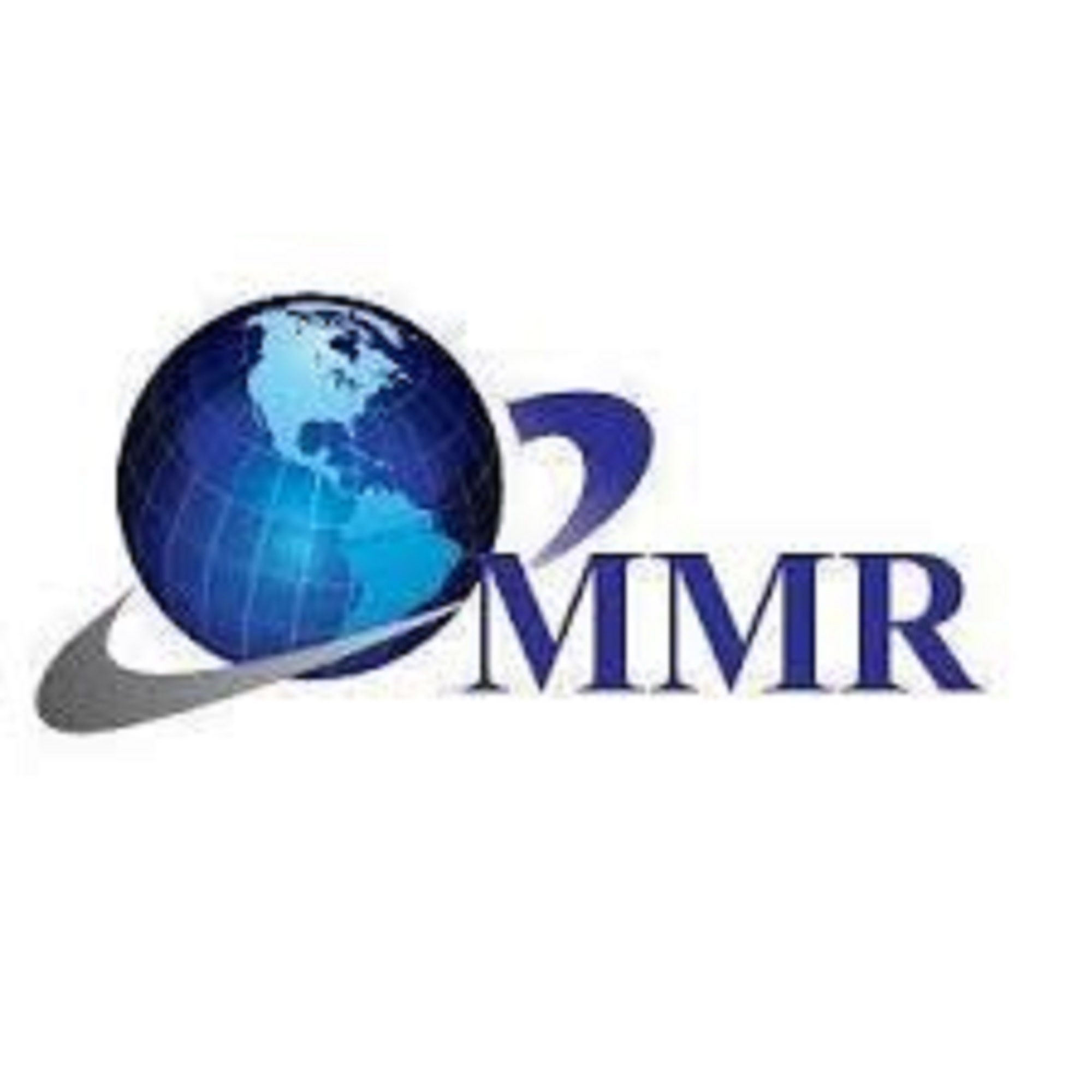Medical translation services play a pivotal role in the global landscape of healthcare. In an interconnected world where healthcare initiatives span borders and cultures, effective communication is key. This article delves into the nuanced and essential aspects of medical translation, exploring its impact on global health initiatives.
Definition of Medical Translation
Medical translation involves the accurate conversion of medical information from one language to another. It goes beyond mere linguistic translation, demanding a deep understanding of medical terminology and cultural nuances.
Significance in Global Health Initiatives
In the context of global health, where collaboration is vital, medical translation services act as a bridge, facilitating communication among diverse stakeholders, including healthcare professionals, researchers, and patients.
The Complex Nature of Medical Language
Specificity and Precision
Medical language is known for its specificity and precision. The choice of words can have significant implications for diagnosis, treatment, and patient outcomes. Medical translators must navigate this complexity with utmost care.
Challenges in Cross-Cultural Communication
Cross-cultural communication in healthcare introduces challenges related to cultural differences, idiomatic expressions, and regional variations. Medical translation serves as a vital tool in overcoming these barriers.
Bridging Gaps in Healthcare Access
Enhancing Patient-Doctor Communication
In healthcare settings, effective communication between patients and healthcare providers is paramount. Medical translation ensures that patients can articulate their concerns accurately, fostering a deeper understanding between doctors and their diverse patient base.
Overcoming Language Barriers in Clinical Trials
Clinical trials often involve participants from various linguistic backgrounds. Accurate translation of consent forms, protocols, and study materials is crucial for ethical and inclusive research practices.
Ensuring Accurate Documentation
Importance in Medical Records
Errors in medical documentation can have severe consequences. Medical translation services contribute to the accuracy of patient records, reducing the risk of misdiagnosis or inappropriate treatment.
Legal Implications of Inaccurate Translations
In a legal context, inaccurate medical translations can lead to misunderstandings and legal complications. Ensuring precise translations is not only ethical but also safeguards against potential legal ramifications.
The Role of Technology in Medical Translation
Translation Software Advancements
Advancements in translation software have streamlined the medical translation process. These tools aid translators in maintaining accuracy and consistency while handling large volumes of medical content.
AI and Machine Learning Applications
The integration of artificial intelligence and machine learning in medical translation is transforming the landscape. These technologies enhance the efficiency of translation services and contribute to the evolution of language solutions in healthcare.
Training and Certification for Medical Translators
Professional Standards
To maintain the quality and reliability of medical translation, professional standards and certifications are crucial. These standards ensure that translators possess the necessary skills and knowledge to handle medical content accurately.
Continuous Education in Medical Terminology
Given the dynamic nature of medical terminology, ongoing education is essential for medical translators. Staying abreast of developments in the medical field ensures accurate and up-to-date translations.
Cultural Sensitivity in Medical Translation
Importance of Cultural Competence
Cultural sensitivity is integral to effective medical translation. Translators must be attuned to cultural nuances, ensuring that the translated content aligns with the cultural expectations and beliefs of the target audience.
Avoiding Misinterpretation and Miscommunication
Misinterpretation due to cultural differences can lead to misunderstandings that impact patient care. Medical translation services strive to avoid such pitfalls, emphasizing cultural competence in every translation.
Cost-Effective Strategies for Medical Translation Services
Outsourcing vs. In-House Translation
Organizations must weigh the pros and cons of outsourcing medical translation services versus establishing in-house capabilities. Both approaches have cost implications, and finding the right balance is crucial.
Balancing Quality and Budget Constraints
While cost considerations are significant, compromising on the quality of medical translation can have severe consequences. Striking a balance between budget constraints and the need for accuracy is a key decision for healthcare institutions.
Future Trends in Medical Translation
Integration of Virtual Reality
As technology continues to evolve, the integration of virtual reality in medical translation holds the potential to enhance the immersive and interactive aspects of healthcare communication.
Enhanced Collaboration in Global Health
The future of medical translation sees increased collaboration among stakeholders, leveraging technology to create seamless and inclusive global health initiatives.
Conclusion
In conclusion, the role of medical translation in global health initiatives cannot be overstated. It is a linchpin in fostering effective communication, ensuring accuracy in documentation, and promoting inclusivity in healthcare.
As we look to the future, advancements in technology and a commitment to professional standards signal a positive trajectory for medical translation, contributing to a more connected and collaborative global healthcare landscape.
FAQs
What is the primary purpose of medical translation services?
Medical translation services primarily aim to facilitate accurate communication in healthcare settings, ensuring understanding among diverse stakeholders.
How do cultural nuances impact medical translation?
Cultural nuances play a crucial role in medical translation, influencing how information is perceived and understood. Translators must navigate these nuances to provide culturally sensitive translations.
Are there legal implications associated with inaccurate medical translations?
Yes, inaccurate medical translations can have legal ramifications, potentially leading to misunderstandings, misdiagnoses, or inappropriate treatments.
What role does technology play in modern medical translation?
Technology, including translation software and artificial intelligence, has significantly improved the efficiency and accuracy of medical translation services.
How can organizations balance the cost of medical translation with the need for quality?
Organizations must carefully weigh the costs of outsourcing versus in-house translation, finding a balance that meets budget constraints without compromising the quality of translations.





